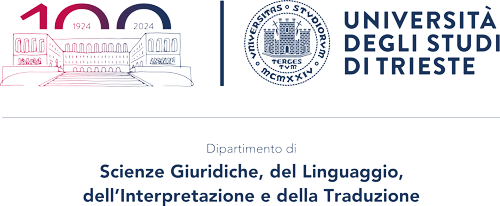GenDJus is an interdisciplinary research project in the areas of Discourse and Law on Gender and Sexuality that aims at analysing – from a linguistic and legal perspective – the discursive constructions of judicial facts in international, EU and Italian case-law having an impact on the wellbeing of women and lesbian, gay, bisexual, trans, intersex and queer (LGBTIQ) communities.
By means of a corpus-assisted analysis of international, supranational and national judicial texts in Italian, English and Spanish, the project explores subtle forms of discrimination (i.e. prejudice, stereotypes and bias) in a specific area where they seem to be more persistent, i.e. sexual, reproductive and parental rights. Gendered and LGBTIQ narratives in judicial texts will serve as testbed to study the way judges argue about gendered and sexual groups’ issues and how their discourses might impact on the enjoyment, restriction or denial of specific human rights.
Identifying such practices and understanding them – in order to eradicate them through language and law – can contribute to improving both the functioning of justice and the access to and enjoyment of relevant rights without discrimination. While advancing innovative methodologies to detect new forms of discrimination, the project identifies concrete ways to improve judicial discourse(s) and avoid the unconscious reiteration of negative attitudes against specific gender and LGBTIQ communities in the international/EU/Italian spheres.
The Partners
Case Law
Explore the decisions on reproductive, sexual and parental rights by domestic and international courts
Go to Case LawCorpus
Discover the linguistic patterns contained in domestic and international decisions on reproductive, sexual and parental rights
Go to Corpus






